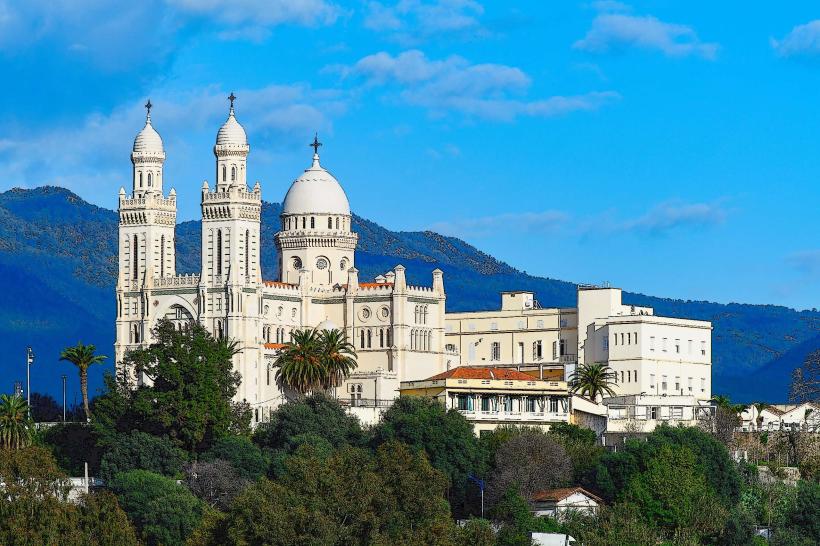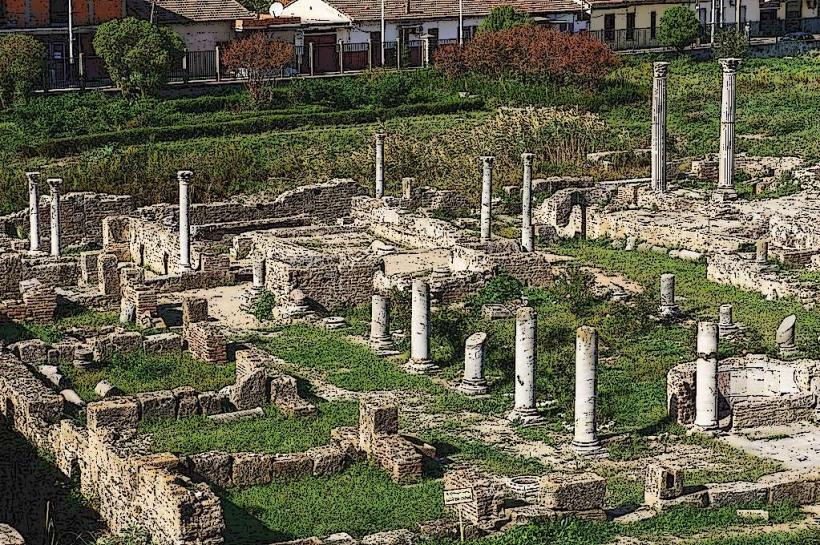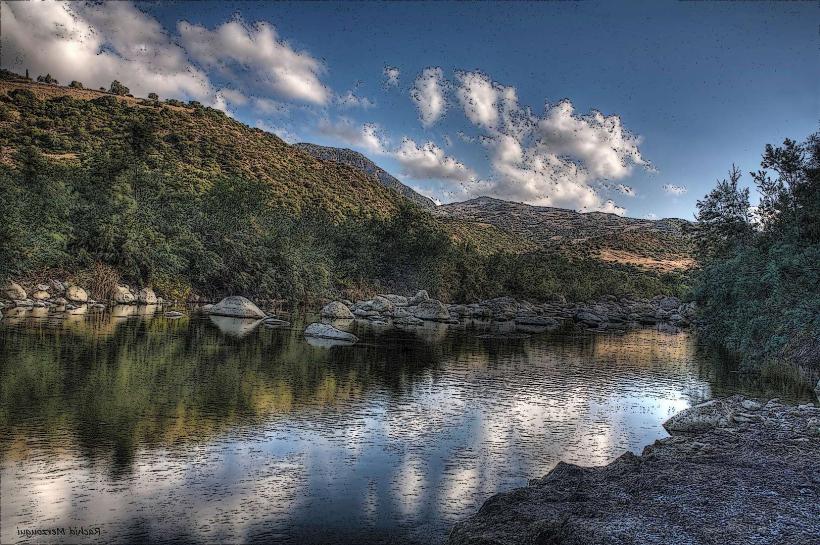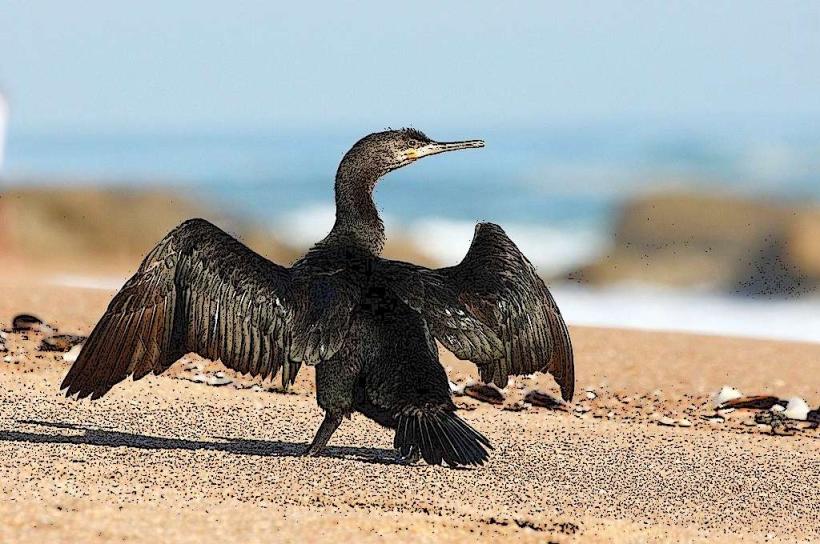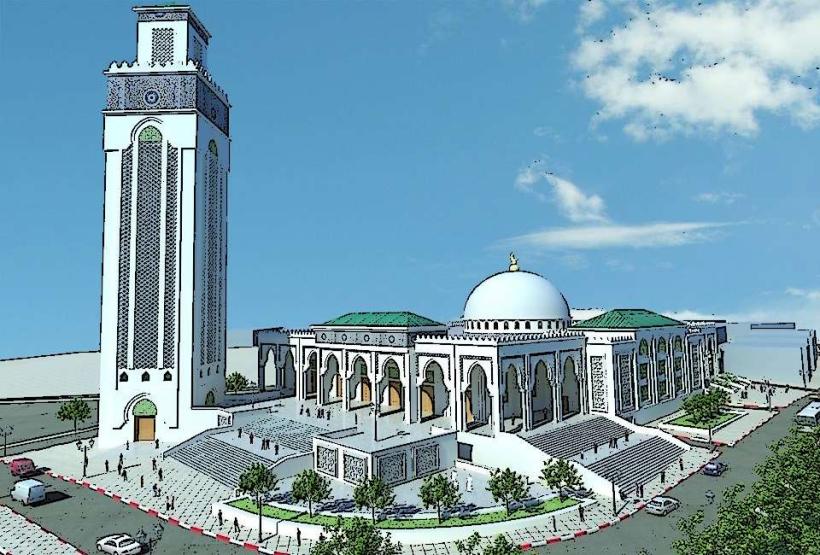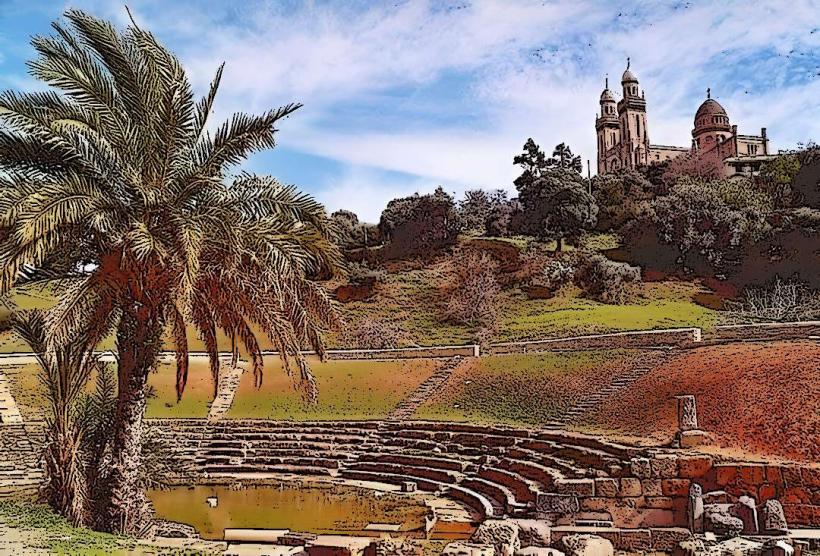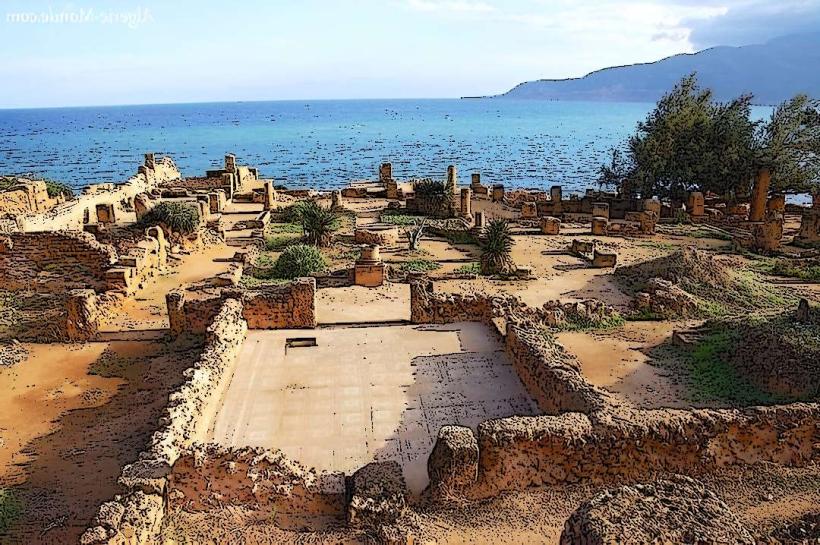Information
City: AnnabaCountry: Algeria
Continent: Africa
Annaba, Algeria, Africa
Annaba functions as the primary maritime and metallurgical pivot of eastern Algeria. Situated on the Mediterranean coast near the Tunisian border, it serves as a specialized node for phosphate export, heavy steel production, and Mediterranean maritime logistics. In January 2026, the city is defined by a state of monumental industrial revitalization as its port extension and fertilizer production units undergo systemic upgrades.
Historical Timeline
12th Century BC: Founded as Hippo Regius by Phoenician traders; specialized as a North African maritime node.
430 AD: Site of the death of St. Augustine during the Vandal siege of the city.
1832: Occupied by French forces; renamed Bône and developed as a specialized colonial industrial port.
2024 (April): Formalization of the 89 billion DZD Port Extension, a specialized 24-month project to increase phosphate export capacity to 7 million tonnes annually.
2026 (Jan 16): Technical Hub Expansion. Annaba integrated into the new Regional Space Communications framework to enhance the digital monitoring of its specialized industrial zones.
2026 (Jan 24): Industrial Logistics. The city is hosting the International Conference on Rail Freight and Logistics Innovation (ICRFLI), focusing on specialized transport links for the mining sector.
Demographics & Population
The metropolitan population is approximately 492,000 (2026 estimate), reflecting a 1.2% annual growth. The demographic is characterized by a high-density industrial workforce and a large student population centered around Badji Mokhtar University. In 2026, Annaba remains the fourth-largest city in Algeria and its primary center for the steel and phosphate industries.
Urban Layout & Key Districts
The Cours Révolution: The specialized social and commercial core; a high-density pedestrian boulevard lined with colonial-era architecture and theaters.
The Port & Industrial Zone: A specialized node to the south; contains the massive El Hadjar Steelworks and the FERTIAL ammonia plants.
Chapuis (Sidi Harb): A specialized upscale coastal district; noted as one of the most affordable middle-income nodes in Algeria for 2026, with professional tenant demand.
Hippone: A specialized archaeological district; contains the Roman ruins and the Basilica of St. Augustine.
Seraïdi: A specialized high-altitude satellite (850m) in the Edough Mountains; serves as the primary node for mountain climate recreation and sanatoriums.
Top City Landmarks
Basilica of Saint Augustine: A specialized 19th-century Neo-Byzantine landmark; built atop the ruins of Hippo Regius overlooking the Mediterranean.
El Hadjar Steel Complex: A specialized industrial landmark; the largest steelworks in Africa, currently undergoing a multi-billion dollar modernization program in 2026.
Sidi Brahim Mosque: The specialized spiritual heart of the old city, reflecting 18th-century Ottoman architectural influences.
Annaba Lighthouse (Cap de Garde): A specialized maritime node marking the entrance to the Gulf of Annaba.
Annaba Port Extension: A specialized 82-hectare construction site in 2026; features a new 1,600-meter quay designed for large ore carriers.
Transportation & 2026 Logistics
Port Extension Project: As of January 2026, the project (led by the CHEC-Cosider-Meditram consortium) is in its final 6 months of construction to enable 16-meter draught berthing.
Rail Logistics: In 2026, the SNTF is prioritizing the Annaba-Tebessa mineral line for automated signaling to manage the projected 7 million tonnes of phosphate per year.
Rabah Bitat Airport (AAE): A specialized domestic and international gateway; currently managing a 10% increase in business arrivals related to the steel and energy sectors.
Annaba Tramway: The specialized transit project is currently in the re-evaluation and feasibility phase (2026) to address chronic urban congestion between the CBD and El Hadjar.
Safety & Environment
The general safety level is High. Warning: Authorities maintain specialized environmental monitoring near the El Hadjar complex to manage industrial emissions. Marine Note: As of January 2026, specialized protocols are active for coastal wetland resilience, following a series of international conferences held in the city on sea-level rise and ecosystem engineering.
Local Cost Index (2026 Estimates)
1 Night (Secure Business Hotel): DZD 8,000 – 13,500 (~$60 – $98)
Median Monthly Rent (2-BR Apartment in Chapuis): DZD 45,000 – 65,000
Price per Square Meter (Chapuis): DZD 170,000 – 250,000
Average Nightly Airbnb Rate: $44.00 – $55.00
1L Gasoline: DZD 45.00
Facts & Legends
Annaba is the site of the "Legend of the Green Falcon," a localized myth regarding the protectors of the Edough forest. A verified fact is that Annaba is the birthplace of St. Augustine, one of the most influential figures in Western Christianity. Historically, the city was a primary target during the Barbary wars and later served as a strategic Allied supply node during WWII. In 2026, the city remains the specialized global epicenter for "Phosphate Logistics Innovation," hosting over 30 international technical conferences in the first quarter of the year.

